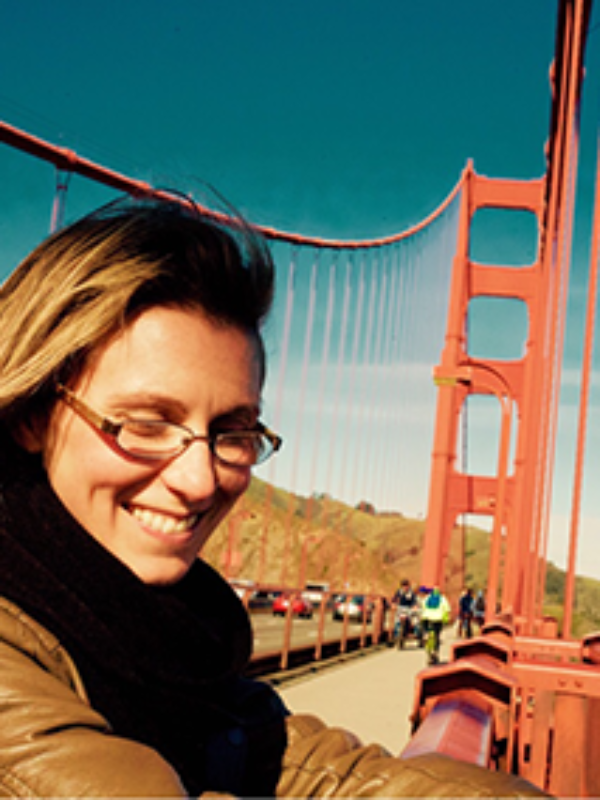Katherine Morelli

Part-Time Lecturer in English
Katherine Morelli’s research and teaching, both grounded in community literacy, meet at the intersections of medical and health rhetoric, literacy studies, technical communication and applied linguistics. Morelli has taught English as a Second Language (ESL) and undergraduate courses in writing, rhetoric, literacy studies and technical and professional communication across university contexts including ASU, Boise State University (BSU) and UMass-Boston.
Her dissertation project titled The Role of Cultural Health Navigators in Mediating Refugee Families Access to Health Literacy and Pediatrics Care shares findings from a year-long investigation of the practices and beliefs of five multilingual Cultural Health Navigators working to improve health outcomes for refugee families at a pediatrics clinic in the southwest U.S.
In 2019, she became a Building Healthcare Collectives Research Fellow. The BHC Project emphasizes humanities expertise in care.
- Morelli, K.E. and Warriner, D.S. (2019). The emotional dimension of qualitative community-driven research: How interactions and relationships shape processes of knowledge production. In D.S. Warriner and M Bigelow (Eds.). Critical Reflections on Research Methods: Power and Equity in Complex Multilingual Contexts. Buffalo: Multilingual Matters.
- Warriner, D.S., Morelli, K.E., and Lee, K.M. (2018). Transnationalism and Shifting Ethnolinguistic Identities. TESOL Encyclopedia of English Language Teaching. Wiley-Blackwell.
-
Education
PhD Writing, Rhetoric and Literacies, Arizona State
MA Applied Linguistics, University of Massachusetts Boston -
Contact
-
Address
429 Lake Hall
360 Huntington Avenue
Boston, MA 02115 -
Associations

Advanced Writing in the Technical Professions
ENGW 3302
Offers writing instruction for students in the College of Engineering and the College of Computer and Information Science. Students practice and reflect on writing in professional, public, and academic genres—such as technical reports, progress reports, proposals, instructions, presentations, and technical reviews—relevant to technical professions and individual student goals. In a workshop setting, offers students an opportunity to evaluate a wide variety of sources and develop expertise in audience analysis, critical research, peer review, and revision.














